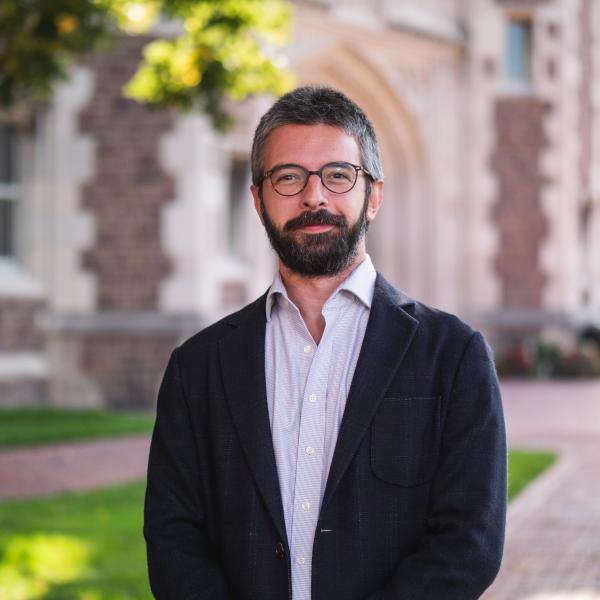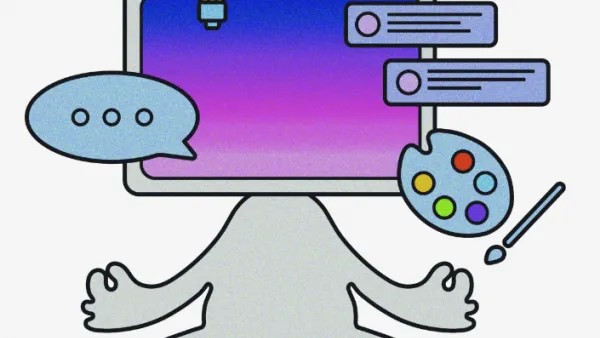Professor Kuzuoğlu works and teaches on modern Chinese and global history. He is particularly interested in the history of non-Western information and communication technologies––from printing devices to artificial intelligence––as they relate to social and political imaginations.
Uluğ Kuzuoğlu’s book, Codes of Modernity: Chinese Scripts in the Global Information Age (Columbia UP, c2024), explores the history of Chinese script reforms––the effort to alphabetize and/or simplify the script–– from the 1890s to the 1980s. In contrast to earlier scholarship that explored the subject as an outcome of Chinese language reforms, Codes of Modernity situates the century of script innovation within an emergent information age, precipitated by the rise of telegraphic networks, printing technologies, and bureaucratic exigencies for information management. Tracing the links between Chinese intellectuals, American behavioral scientists, Soviet psycho-technicians, and Central Asian revolutionaries, his work demonstrates how Chinese scripts crystallized at the ideological and technological crossroads of information politics.
Kuzuoğlu’s publications have appeared in edited volumes and scholarly journals, such as Journal of Asian Studies, Modern Chinese Literature and Culture (MCLC), Twentieth Century China, and International Journal of Middle East Studies, among others. He is currently working on a new book project on the history of 3D technologies, artificial intelligence, and pseudoscience in the Sinosphere with support from Luce/ACLS.
Apart from his humanistic inquiries into information technologies, Kuzuoğlu also uses information technologies to inquire into the humanities. In 2023, with support from A&S, he built a prototype for “Asia in St. Louis,” a mobile app for exploring the Asian and Asian American history of St. Louis. Working with WashU as well as non-WashU librarians and community leaders, he seeks to expand the project as a public-facing DH endeavor. In addition, he is especially drawn to the emergent world of virtual and augmented reality as one of the faculty leads for the Immersive Technology Collective, a multi-year research and teaching project that explores the intersections between immersive technologies and the humanities. In his free time, if he has any, he tinkers with Unity, C#, and Blender.


